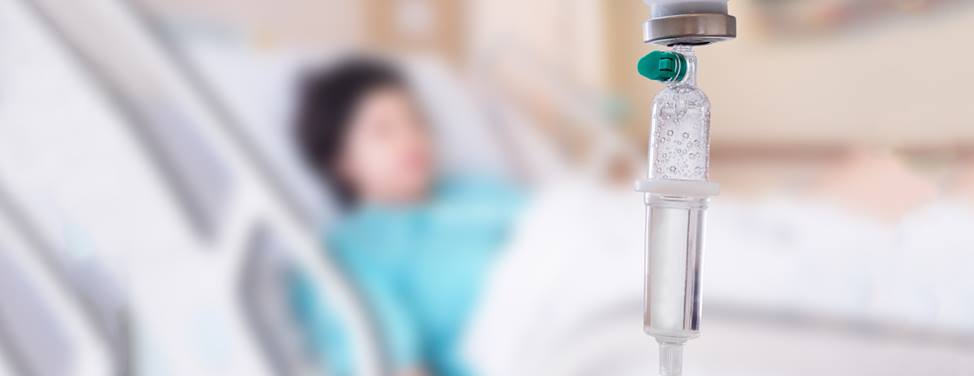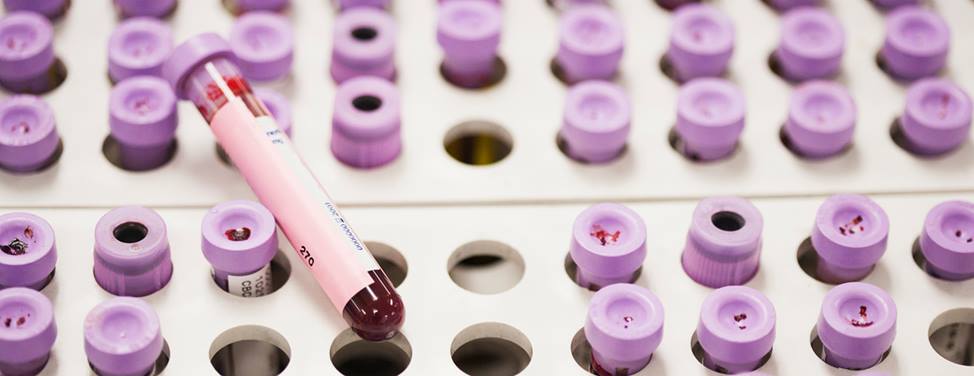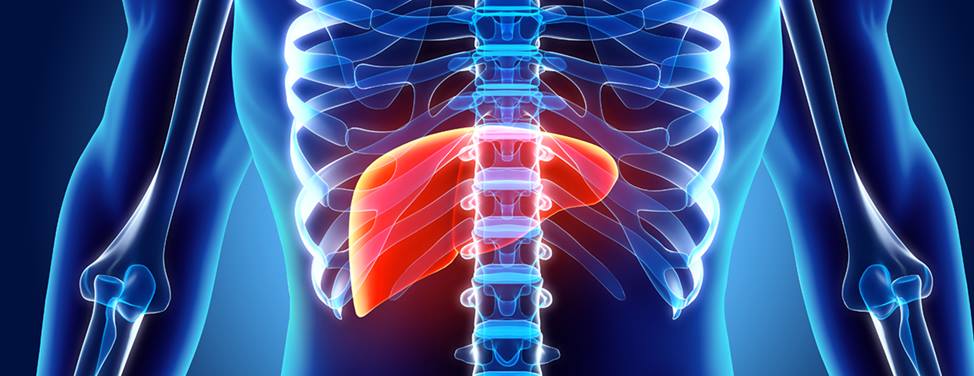
Evaluation to be a Living Liver Donor
- What are the steps of the evaluation?
- What is the purpose of the evaluation process?
- May I get my evaluation done by my own doctor?
- Do I need to fast before my appointments?
- Will my evaluation be covered by medical insurance?
- Should my family come with me to the appointments?
- When will I know if I can be a donor?
- If I am cleared to be a donor, when will the transplant take place?
- How long before my liver grows back to normal size?
What are the steps of the evaluation?
We will obtain blood tests, a chest X-ray, an electrocardiogram (EKG), and an ultrasound of the abdomen. If these tests suggest that you could be a donor, a CT scan of the abdomen will be performed to make sure that your liver is big enough to donate a piece. You and your liver must be proportionately large enough, relative to the size of the recipient, for the donated piece of your liver to be adequate for the recipient. We also look at the blood vessels to make sure that they branch in a pattern that will allow us to remove the right part of your liver. Other tests or consultations may also be necessary, depending on your individual circumstances. In some cases, a liver biopsy is required.
A physician who is not a member of the liver transplant team does the medical evaluation. This doctor serves as a "donor advocate" physician and looks at the donor transplant surgery with only the donor's interests in mind.
None of these tests, procedures or consultations will be scheduled until insurance authorization has been obtained for both the recipient's transplant surgery and the donor's work-up and surgery. You will meet with a social worker who can help you understand the issues related to donation.
What is the purpose of the evaluation process?
The evaluation will make sure that your liver is normal and that you do not have any medical or psychiatric illness that would make this procedure risky or difficult for you. We also make sure you do not have any medical conditions that could be transmitted to the recipient. Finally, we want to make sure that you are becoming a donor voluntarily and that no one is pressuring you to donate. To complete the donor evaluation, numerous tests and consultations are required over a period of several days to several weeks.
May I get my evaluation done by my own doctor?
Generally, the tests are done at UCSF. Some insurance companies want some tests done at other hospitals. We insist that the more crucial tests are done at UCSF. If you live at a distance, we can have some portions of the initial evaluation done near your home. No matter where the initial testing takes place, the evaluation process will require visits to UCSF to complete.
Do I need to fast before my appointments?
It may be necessary for you to fast for some of the tests and you will be instructed to do so.
Will my evaluation be covered by medical insurance?
You should not incur any medical expenses related to the evaluation, surgery, hospitalization or immediate postoperative care. All of these charges are billed to the recipient's insurance company. After you leave the hospital, some insurance carriers do not cover additional medical expenses for the donor. Because of this, we insist that donors have their own medical insurance or have an agreement with the recipient's insurance company that it will cover all expenses related to the donor surgery both in and out of the hospital.
Should my family come with me to the appointments?
It is important to have your immediate family or next of kin come with you to at least some of the appointments so they can participate in the process and understand what is involved before you decide to proceed. These appointments offer the opportunity for you and your family to ask questions and learn about the procedure so you can make an informed decision. Your designated next-of-kin or your health care proxy must participate in the evaluation process or attend the final appointment before the scheduled surgery.
When will I know if I can be a donor?
Generally, we will let you know within two weeks of completing the evaluation. Further tests are sometimes needed that could delay your clearance for surgery. Allow yourself time to digest the information you are reading here and the additional information you will get when you meet with us. The decision to donate a piece of your liver is not one you should make lightly. You should consider it very carefully and discuss it with your family and significant others.
If I am cleared to be a donor, when will the transplant take place?
This decision is made jointly by the transplant team, you and the recipient. The transplant team, particularly the physicians involved directly in your recipient's care, will determine as accurately as possible the best time to perform the transplant, based on the recipient's medical condition. Once we know this, we ask what time suits you best and try to accommodate your schedule, if possible. There may be specific days when we are unable to perform living donor liver transplants due to operating room availability.
A number of things could happen that could change our plans. For example, your recipient's condition might deteriorate to the point where he or she is too sick for a transplant. Or, you or the recipient might develop an infection or some other condition that needs to be treated before the transplant could be done.
How long before my liver grows back to normal size?
The liver begins to regenerate almost immediately. Most of the regeneration occurs in the first two weeks after surgery, followed by a slower phase of growth over the next year.
UCSF Health medical specialists have reviewed this information. It is for educational purposes only and is not intended to replace the advice of your doctor or other health care provider. We encourage you to discuss any questions or concerns you may have with your provider.










